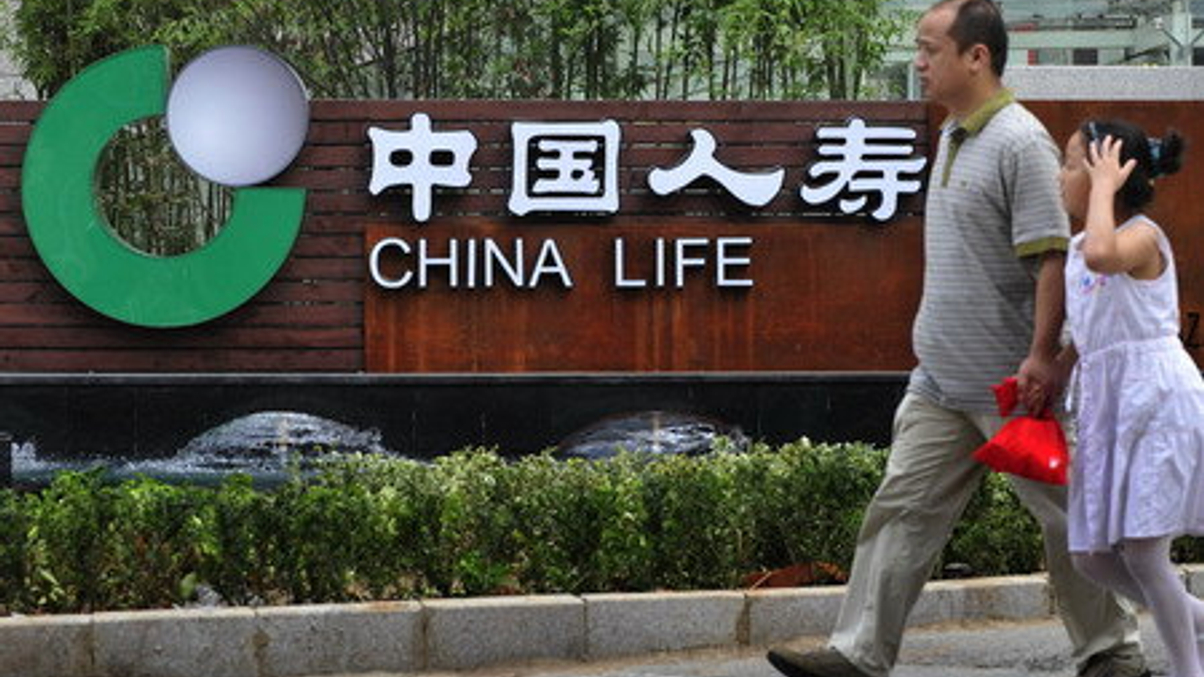China Life eyeing more government bonds, equities
The largest life insurer in the country is continuing to make a longer-term push into bonds and some equities, but remains concerned about the potential for corporate credit defaults.

China Life Insurance is set to keep increasing its exposure to longer-term government bonds, but is concerned about a potential rise in onshore credit defaults. It is also looking to more opportunities in A-shares due to rising interest in the asset class among broader Chinese investors, the group management said during an online financial results’ media briefing on Friday (March 26).
Sign in to read on!
Registered users get 2 free articles in 30 days.
Subscribers have full unlimited access to AsianInvestor
Not signed up? New users get 2 free articles per month, plus a 7-day unlimited free trial.
¬ Haymarket Media Limited. All rights reserved.


